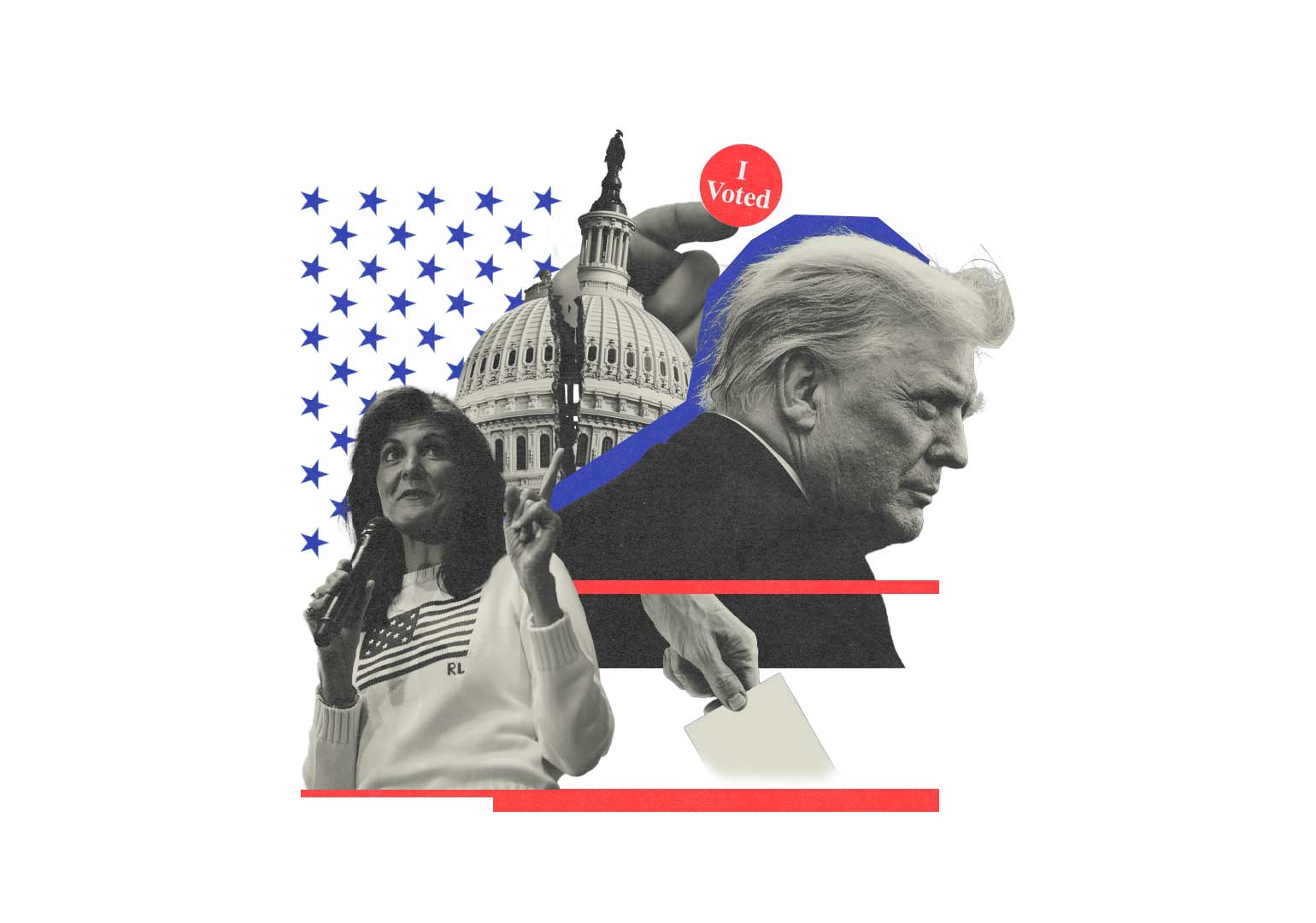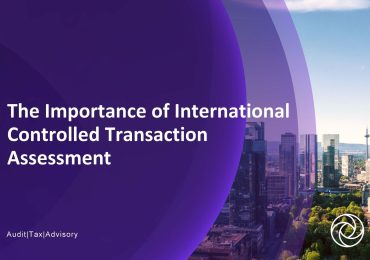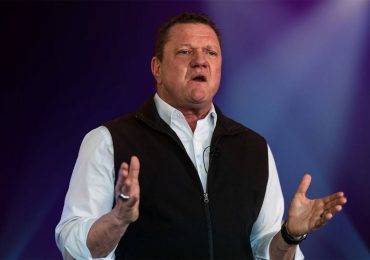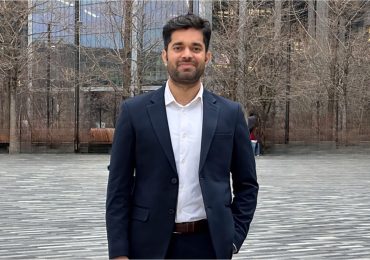Donald Trump’s return to the helm of the U.S. government would very likely erode the democratic institutions in the country. Authoritarian politicians rarely hide their intentions, and so Donald Trump openly talks about the presidency as a means to settle scores. He has promised to exact revenge on his opponents if he wins and continues to repeat the oft-disproven claims about the rigged election in 2020. All of this suggests that democratic institutions and procedures in America will be under serious threat if Trump is voted back into the Oval Office.
Apart from shaking up the U.S. domestic political system, Trump’s return could lead to cataclysmic geopolitical changes worldwide. The United States is a special country from a military point of view. In today’s world, America is a dominant power that has a decisive influence on the geopolitical situation in almost every region across the globe.
A shift in the foreign policy of a hegemonic global actor is equivalent to a fundamental transformation of the existing model of international relations. Before the First World War, the U.S. pursued a largely isolationist foreign policy, rarely intervening in international events outside its region. Isolationist sentiments were also strong during the inter-war period when the U.S. Congress did not support the country’s entry into the League of Nations (a precursor to the United Nations), even though President Woodrow Wilson inspired its foundation in the first place.
The tragic experiences of two world wars taught the Americans that it is impossible to hide from global conflicts. Sooner or later, events unfolding on other continents (especially in Europe and Asia) will reach the United States. Understanding this, the U.S. has pursued an active interventionist foreign policy since the Cold War period. However, because of the partially unsuccessful military conflicts in Iraq and Afghanistan, isolationist sentiments have once again become stronger in the U.S. It is precisely this wave of isolationism that Trump is trying to exploit. Before his election in 2016 and throughout his presidency, he campaigned against NATO numerous times. Some experts and politicians speculate that if he returns to the White House, he may very well pull the U.S. out of the alliance.
Fears of isolationism have recently become so acute that the U.S. Congress has passed a law that strips the president of the power to withdraw the country from military alliances unilaterally. It remains to be seen whether the U.S. courts will deem this law to be constitutional, but the fact is that the current American political establishment is preparing for the worst.
Despite Trump’s rising approval ratings, it is hard to say with certainty whether the fears described above will materialize. There is still plenty of time left until 5 November. Many things will happen in the remaining period that may prevent the expected cataclysms for the USA and the rest of the world. First on the agenda are the internal elections of the Republican Party – that is, the so-called primaries. Although Trump holds a convincing lead in the preliminary polls, how many votes will be gathered by the more moderate candidates, especially those who support relatively non-isolationist policies (chief among them is the former U.S. ambassador to the United Nations, Nikki Haley), remains to be seen. If the moderate candidates are able to control the tide of isolationism in internal party discussions, this will most likely have a positive impact on Trump’s foreign policy priorities as well.
Notably, an even more isolationist candidate is participating in the Republican primaries in the shape of Vivek Ramaswamy. Although opinion polls suggest that he will not win, there is a real chance of Trump picking him as his running mate, which theoretically means that Trump’s isolationism could become even more intense.
The presumptions above aside, the overall picture in the Republican primaries is relatively clear. The same cannot be said about the 7 November election because who will win is still uncertain. Almost everything will depend on the so-called ‘swing states,’ of which there are currently six: Pennsylvania, Wisconsin, Michigan, North Carolina, Arizona, and Georgia.
In 2016, Donald Trump carried all six of these swing states on his way to winning the presidency. Four years later, he lost in all but one (North Carolina). Latest polls show that the population in the swing states once again favors Trump. Some believe that if the vote were held today, we would see a repeat of the 2016 result. This view is reinforced by the Democrats finding it increasingly difficult to retain young liberal voters without losing the more conservative section of their electorate.
Despite Trump’s lead in the polls and Biden’s unfavorable ratings, we cannot rely entirely on public opinion polls in such a tight race. The 2016 U.S. election made it clear that, despite poll predictions, miracles do happen in politics. Similar surprises can happen in 2024, as both parties are close to victory again.
Regardless of what happens in America, the rest of the world should not rely on miracles. From today’s perspective, it is clear that if Trump is elected, the rise of isolationism will further embolden Russia and fuel conflicts such as World War I and World War II in Europe. It is likely that the Europeans, and the European Union in particular, will have to make bolder decisions on continental and global security issues. None of the leading EU countries are currently ready for this from either a military or an economic point of view – not even powerful states such as France or Germany.
It is critically important for Georgia and other U.S. allies to think ahead about what might happen if Trump wins and what we can do to protect ourselves from Russian aggression. For this, we must properly understand the risks that objectively exist and be prepared to defend our interests readily.
















